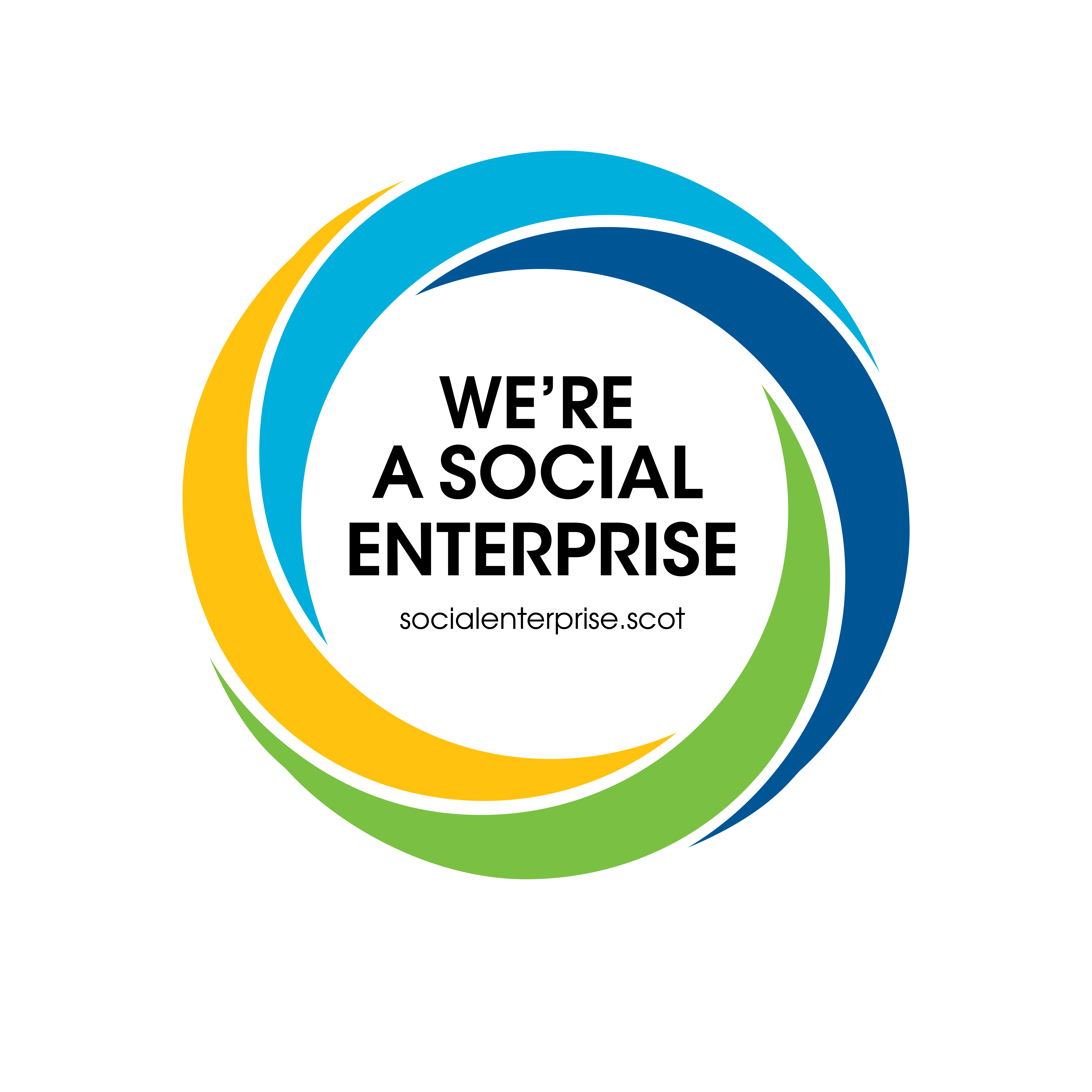HCS: 1.13; 1.14; 1.15; 1.19; 1.24; 1.28; 1.37; 2.23; 3.4; 3.14; 3.18; 3.20; 3.21; 3.25, 4.2, 4.11, 4.14, 4.27, 5.17
At Willow Den, we are aware that children may have or develop an allergy resulting in an allergic reaction. Our aims are to ensure allergic reactions are minimized or, where possible, prevented and that staff are fully aware of how to support a child who may be having an allergic reaction.
Prevention
To prevent potential risk of allergic reactions:
- Children who have received medical treatment or who have been diagnosed with a medical condition related to allergies must provide staff with dates, symptoms and treatment before they start nursery. Failure to provide this information in full may delay their start date. This information is critical to keeping children safe at nursery.
- Our staff are made aware of the signs and symptoms of a possible allergic reaction in case of an unknown or first reaction in a child. These may include a rash or hives, nausea, stomach pain, diarrhea, itchy skin, runny eyes, shortness of breath, chest pain, swelling of the mouth or tongue, swelling to the airways to the lungs, wheezing and anaphylaxis.
- We ask parents to share all information about allergic reactions and allergies on their child’s registration form, which is stored on our online nursery management software.
- All staff will be informed of any allergies discovered after registration and all medical and allergy information will be in the children’s online nursery management software profile and stored online in a password protected cloud file.
- Where a child child has a known allergy, the nursery manager will create a medical care plan with the parent prior to the child starting the nursery. This should be shared with all staff.
- Our Cooksafe guidance minimizes the risk of cross contamination. However, this cannot be completely excluded. Allergy food is served using different coloour coded plates and separate utensils, e.g. a toaster for gluten free bread only, purple knives and chopping boards for allergy specific food.
- The manager/senior practitioner, Lunchtime Support Assistant, food supplier and parents will work together to ensure a child with specific food allergies receives appropriate food options for them. This may include designing an appropriate menu or substituting specific meals on the current nursery menu.
- Seating will be monitored for children with allergies. Where deems appropriate staff will sit with children who have allergies and where age/stage appropriate staff will discuss food allergies and the potential risks.
Allergic Reaction procedure:
If a child has an allergic reaction to food, a bee or wasps sting, plant etc.
Step 1. A first-aid trained member of staff will act quickly and administer the appropriate treatment, following the appropriate care plan if in place.
Step 2. Parents will be informed.
Step 3. Staff will record the allergic reaction and log any treatment/medication administered on the child’s care plan.
Step 4. If an allergic reaction requires specialist treatment, e.g. an EpiPen, then at least two members of staff working directly with the child and the manager will receive specific medical training to be able to administer the treatment to each individual child. We will follow management of medication guidance and refer to our medication procedures.
Food Information (Scotland) Regulations 2014
From 13 December 2014, we will incorporate additional procedures in line with the Food Information Regulations 2014 (FIR)
- Our menus will be shared with parents online and will identify when the 14 allergens are used as ingredients in any of our dishes.
Transporting children to hospital procedures
Refer to First Aid Procedure (Policy Reference 23)

